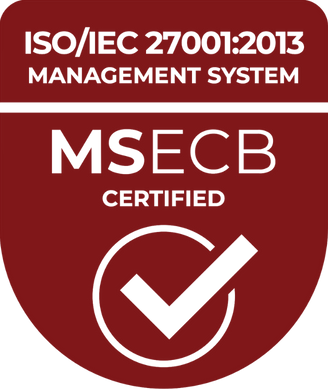Millennials in the consulting industry – how to attract and retain them

The term millennials (or Generation Y as they are also known) refers to people who were born between the early 1980s and the mid-1990s. With companies crying out for individuals with the skills they need, this generation is responsible for an ever-increasing share of the labour market.
Like other generations before them, millennials are characterised by common traits that set them apart, and such traits can be used to attract them to positions of employment. For example, these most recent members of the labour market have become notorious for changing jobs more often than previous generations changed their underwear.
Studies have also confirmed that, on average, millennials do not expect to remain at their place of work for more than three years, which is considerably shorter than previous generations. So what should companies do to attract and, perhaps more importantly, retain them?
My name is Anna Leijon, I have a Master of Science degree and I work with management within IT. Furthermore, I am a millennial and I have recently changed jobs, from being employed at a consulting firm to the role of freelancer. I am also a passionate blogger within tech and management.
In this article I address one of the consulting industry’s hottest issues, combining my own experience with what has previously been written within the area. So to the question at hand: what are the common denominators and factors that attract and motivate us millennials?
Engagement & inspiration
- Younger generations are driving the development of an increasingly complex model of incentives. An attractive salary is all well and good, but millennials are primarily driven by a desire to achieve a higher purpose – they want to inspire others and make the world a better place. As a company it is possible to work in a values-governed manner within areas such as, for example, gender equality issues, mentor programmes and environmental issues. Since millennials also want to feel that they have ownership of the issues that are important to them, it is a good idea to let them drive these sorts of initiatives at the workplace themselves, within softer areas and values that are not directly related to the work itself. It is also appropriate to let them represent the company externally, for example in social media.
Being seen & heard
- Ever since their school years, millennials have learnt to work with others in project form. They are used to solving problems together and in a democratic manner. Consequently, they expect to be able to exert influence within an organisation and to be listened to. One way to achieve this is to implement short and informal decision-making processes. If you want to make millennials feel that they are on the right path and headed in the right direction, it is a good idea to provide continuous feedback about the work they are doing and to provide them with access to role models and mentors in their immediate vicinity. They also want to be able to see a clear career path from day one with continuous skills development.
Technology to the fore
- It is no secret that millennials were the first generation to grow up with escalating consumer technology, the likes of which has never been seen before, and this is reflected in their expectations.
- As a company it is possible to sharpen and refine how you are represented online and to produce continuous updates about what the company is doing and what it is like to work there.
- New applications and web solutions that address isolated problems at the workplace, such as internal communication or video conferences, pop up both here and there, and millennials want to be at the forefront of such developments. A good example of this is implementing Slack as a complement to email, or Google Hangouts instead of Skype. As a company it is important to stay up-to-date, question old solutions and be prepared to experiment with new developments.
Flexibility
- Millennials are mobile and they want to travel. They expect to be able to have flexible working hours without facetime and to be able to work from home from time to time. Most offices and workplaces already have structures that are based on such mutual trust, but as a company it is also a good idea to permit and encourage millennials to undertake exchanges with other offices and to attend conferences. Give millennials the opportunity to take responsibility, and trust in the fact that they will do what needs to be done.
A second family
- The globalised millennial generation, which has lost its sense of localised identity, wants to feel part of a greater context and to have a sense of a second family at the workplace. The social dividing line between work and private life is being erased, and millennials see no reason why colleagues cannot also be friends, even outside of work-related contexts. It is therefore important to ensure that there are plenty of social activities at the workplace, so that millennials are given an opportunity to get to know their colleagues better. Furthermore, millennials are used to ducking all manner of advertising online, and they listen to family, friends and acquaintances to a great extent. As a company it is therefore important to have a strong employer brand in your marketing, to take good care of your employees and to make them ambassadors for the company.
To provide further examples of what attracts millennials and what they are looking for, I thought it would be appropriate to go through the things that I myself was attracted by when choosing my first employer.
I was initially drawn to the IT sector because I believe that it is a driver for societal development and has the possibility to improve the quality of life for a lot of people. Personally I also wanted to develop quickly, to have the opportunity to gain insight into a large number of different industries and sectors, to work with people of a similar age and with similar views and ambitions to my own, and to be well paid, and for these reasons I chose to become a consultant. As to why I chose the particular consulting firm I finally did … I listened to friends who recommended them, and I was attracted by their corporate culture and they fact that they offered good working conditions.
In this blog article I have listed five main traits that characterise the millennial generation. The aim has been to provide insights and assistance to companies that want to employ and retain members of this allegedly overly coddled, mobile (and mobile device using) internet generation, who have grown up with a Tamagotchi in one hand and a global heritage of overconsumption in the other.
The bottom line is that millennials focus to a lesser extent on the actual work and the monetary rewards it can bring, and to a greater extent on softer issues and values associated with the workplace, such as gender equality and environmental issues, a feedback-based culture, use of the latest technology in programs and tools, a work structure based on mutual trust, with flexibility when it comes to working hours and possibilities to work from home, and a feeling of social context.
Thank you for taking the time to read this article, and best of luck with your unruly new employees!
If you would like to read more about millennials in working life, I have written the article ”How Millennials Defeated the Bad Boss”, and I also publish new blog articles on an ongoing basis on my website annaleijon.se/writings.
Guest blogger - Anna Leijon, consultant and blogger writing about management and IT
Guest blogger - Anna Leijon, consultant and blogger writing about management and IT
You may also like...
All posts
Feb 08 2024 · Consulting, Entrepreneurship
The advantages of digitizing your consulting process

Jan 31 2024 · Consulting, Entrepreneurship
Are you swimming in the red or blue ocean? Dominate your market through a “Blue Ocean” strategy

Dec 06 2023 · Consulting, Entrepreneurship
AI – an impending shift within the junior consulting profession

Nov 23 2023 · Consulting, Entrepreneurship
Being kind at work pays off
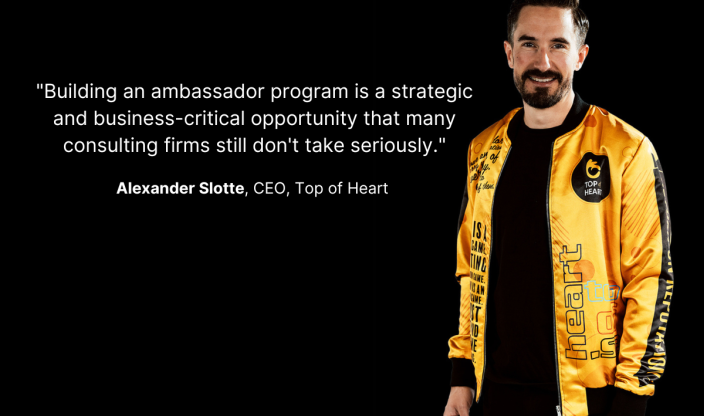
Aug 16 2023 · Consulting, Entrepreneurship
This is how you grow your consulting firm faster with ambassadors
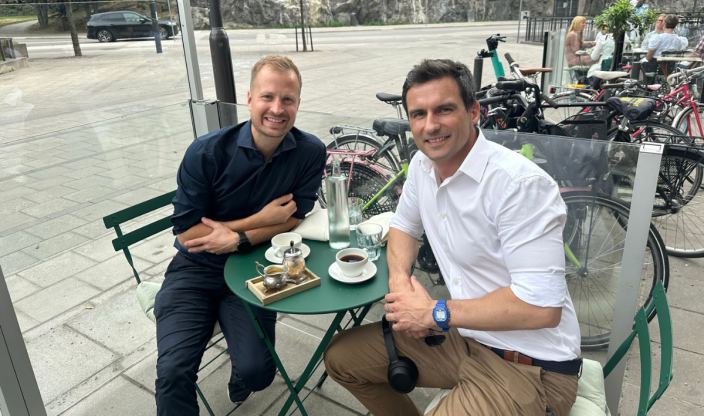
Jul 05 2023 · Cinode, Consulting, Entrepreneurship
Succeed in the Nordic market as a Polish consulting firm

Jun 28 2023 · Entrepreneurship, Skills Management
Bridging the gap between Swedish companies and Polish IT talent

May 16 2023 · Consulting, Entrepreneurship
The consulting company that grows without growth goals
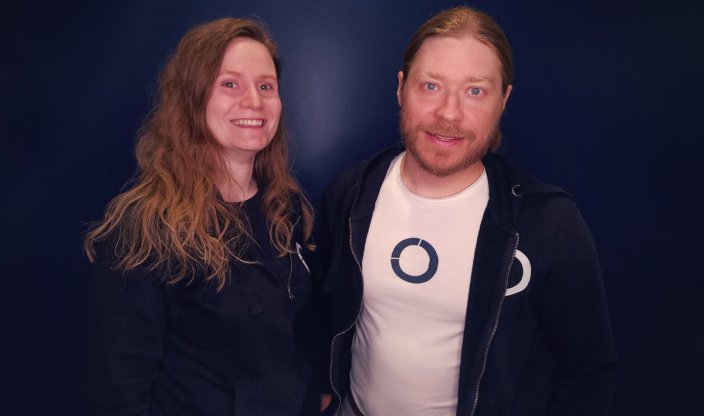
May 09 2023 · Consulting, Entrepreneurship
Quickly growing AI expert Silo AI is streamlining its processes with Cinode

Sep 13 2022 · Consulting, Entrepreneurship
“The aim is to normalise entrepreneurship and revolutionise matching”
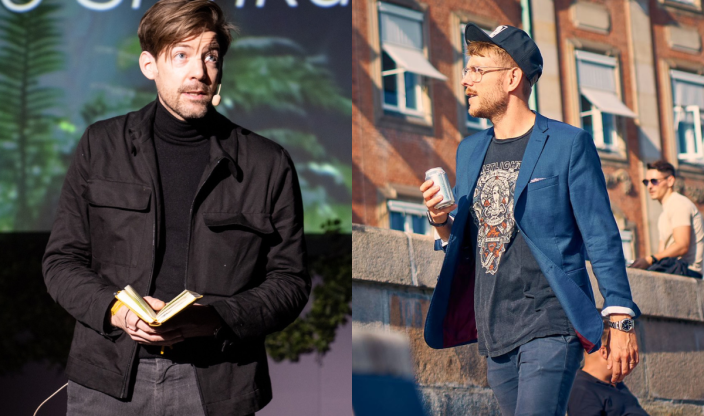
Jun 28 2022 · Consulting, Entrepreneurship, Skills Management
To successfully work with gender equality, quantitative and qualitative measures absolutely need to go hand in hand

Jun 10 2022 · Consulting, Recruitment
